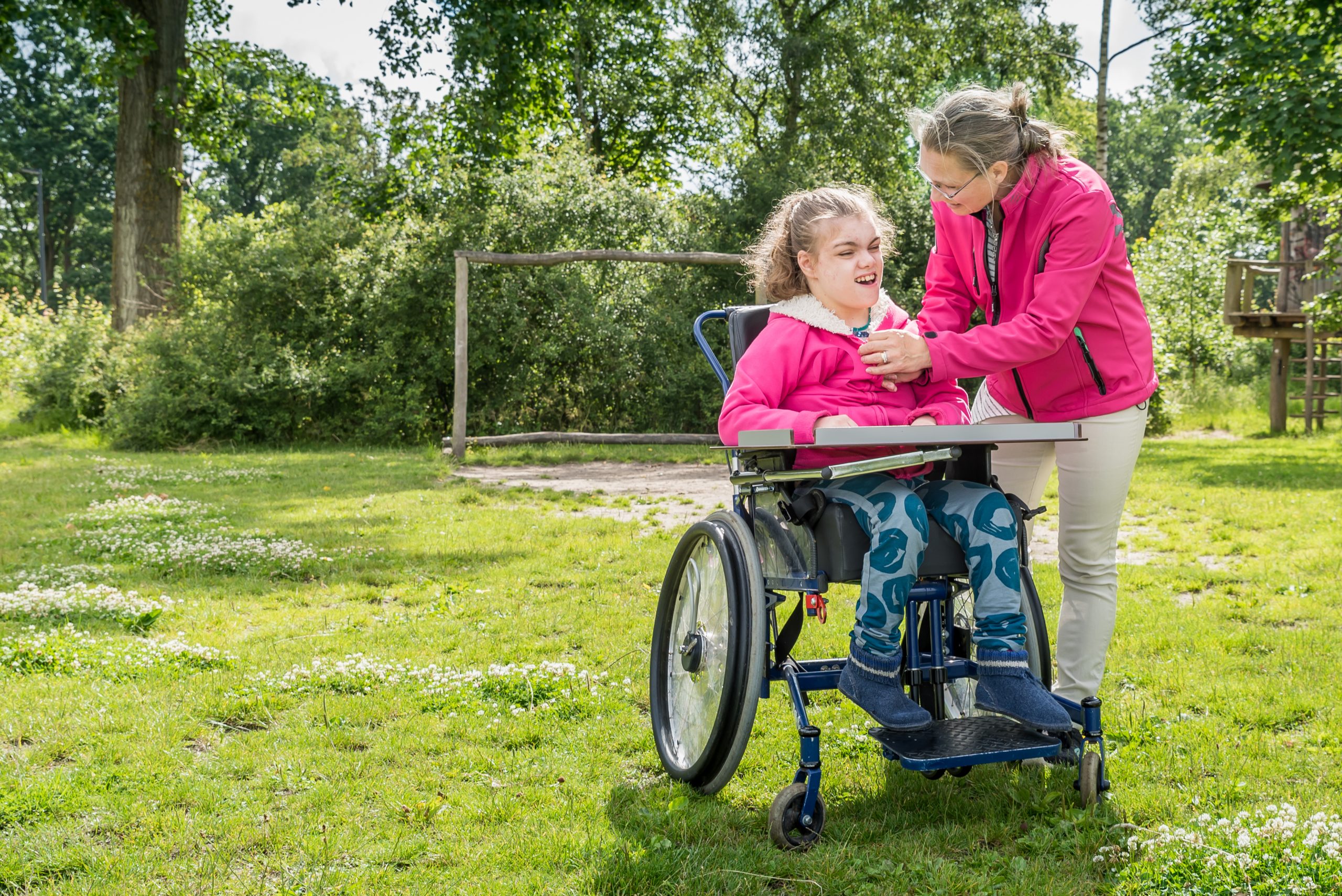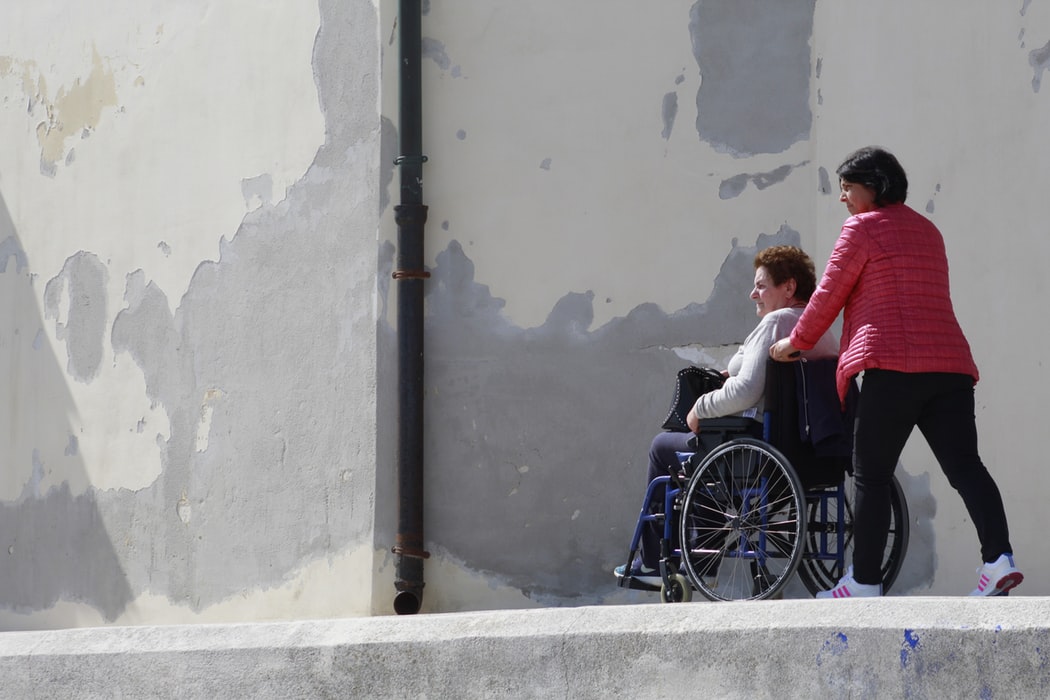The NDIS Quality and Safeguards Commission recently published a Practice Guide on the use of surveillance technology with respect to people with disability.
The Commission has observed that surveillance is commonly used, or proposed for use, for people with disability and in disability settings, primarily with the intention of ensuring safety, monitoring health, facilitating increased independence and preventing abuse and neglect.
However, there are a number of ethical and regulatory concerns associated with the use of surveillance technologies, thus prompting the Commission’s publication of the Practice Guide.
We’ve provided below an overview of the Commission’s guidance, as well as some important considerations for your organisation if you are thinking of using surveillance technology in your support settings.
What is ‘surveillance technology’?
Surveillance technology simply refers to any device which can record information about a person through electronic means. This can include:
- CCTV cameras which capture audio and visual footage
- Audio monitors
- GPS devices which track a person’s location
- Motion sensor alarms
When does use of surveillance technology facilitate the use of a restrictive practice?
While surveillance technology may be used by providers with the aim of preventing abuse and neglect, the Commission cites a number of studies which show limited evidence to support the effectiveness of the use of surveillance technology for this purpose.
Surveillance technology is not in and of itself a restrictive practice, however it may constitute a restrictive practice if its use has the effect of restricting the rights to freedom of movement of a person with a disability.
Under the NDIS Rules, the five regulated restrictive practices are seclusion, chemical restraint, environmental restraint, mechanical restraint, and physical restraint. The use of surveillance technology may be a regulated restrictive practice where it influences a person’s behaviour, stops them from accessing particular items or environments, or restricts their freedom of movement.
However, the use of surveillance technology is unlikely to constitute a regulated restrictive practice where it enables support or increases a person’s independence and freedom of movement.
The Commission provides as an example the use of a sound sensor that alerts staff when a person with disability who is at risk of falling and hurting themselves is getting out of bed. This would not be a regulated restrictive practice, as the device is being used to help staff to attend to the person and support them, and is therefore ‘enabling support’.
By contrast, if a sound sensor is installed on a fridge to alert staff to stop a person with disability from accessing food, this would constitute a regulated restrictive practice, as it is facilitating environmental restraint. Similarly, if an alarm is on a person’s door to alert a staff member to stop a person with disability from leaving their room, this would be a regulated restrictive practice, as it facilitates seclusion.
Providers should note that any use of surveillance technology that facilitates the use of a regulated restrictive practice must be clearly identified in a participant’s behaviour support plan, and authorised in accordance with relevant State or Territory requirements. See the Commission’s Regulated Restrictive Practices Guide for more information.
Right to privacy and meeting legal obligations
There are a number of ethical issues associated with the use of surveillance technology, not least the individual’s right to privacy.
Surveillance technology (CCTV in particular) can be very invasive and can compromise the personal privacy of a person with disability. The use of CCTV monitoring in a person’s bedroom is especially problematic and may give rise to criminal liability.
Legislation that must be considered in relation to surveillance technology includes State and Territory privacy laws, the UN Convention on the Rights of Persons with Disabilities and the NDIS Act 2013.
The NDIS Practice Standards also require that participants access supports that respect and protect their dignity and right to privacy. To meet the Privacy and Dignity Practice Standard, providers must:
- Implement processes and practices that respect and protect the personal privacy and dignity of each participant.
- Advise participants of confidentiality policies and ensure participants understand and agree to what personal information will be collected and why, including recorded material in audio and/or visual format.
Best practice considerations when using surveillance technology with people with disability
Human rights considerations should inform any usage of surveillance technology in the disability services context. Best practice usage of surveillance technology includes taking the following steps:
- Adhering to any relevant privacy laws
- Acting in the best interests of the individual, taking into account their preferences
- Balancing safety and autonomy, including genuine involvement of the individual in discussions
- Considering options for the individual to deactivate and reactivate the device, to allow them additional privacy, where possible
- Considering who can access the recordings, where recordings are stored, and for how long
- Considering the security of the surveillance technology in use
- Regularly reviewing the use of surveillance technology to ensure it is the least intrusive option available
- Where surveillance technology is facilitating the use of a regulated restrictive practice – ensuring it is thoroughly outlined in the participant’s behaviour support plan, and reviewed at least every 12 months, or as the participant’s circumstances change
- Ensuring staff training goes beyond simple usage of the device, and includes legal and ethical considerations
Providers should be mindful that surveillance technology should never be used as a substitute for limited staffing or to save on costs; nor should it replace human contact, personal care or social interaction, leading to increased social isolation. Providers should also consider the limitations of surveillance technology, which can include faulty and unreliable devices, ineffective technology leading to delays in staff responses, and the potential for devices to be removed, damaged, forgotten or hacked.
For further detail on the matters discussed in the blog post, including a checklist for considering the use of surveillance technology, we suggest providers access the NDIS Quality and Safeguards Commission’s full Surveillance Technology Practice Guide.
For guidance on the NDIS Practice Standards, please access SPP/the NDS Quality Portal for self-assessments and helpful resources.








